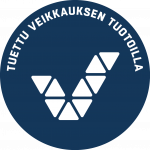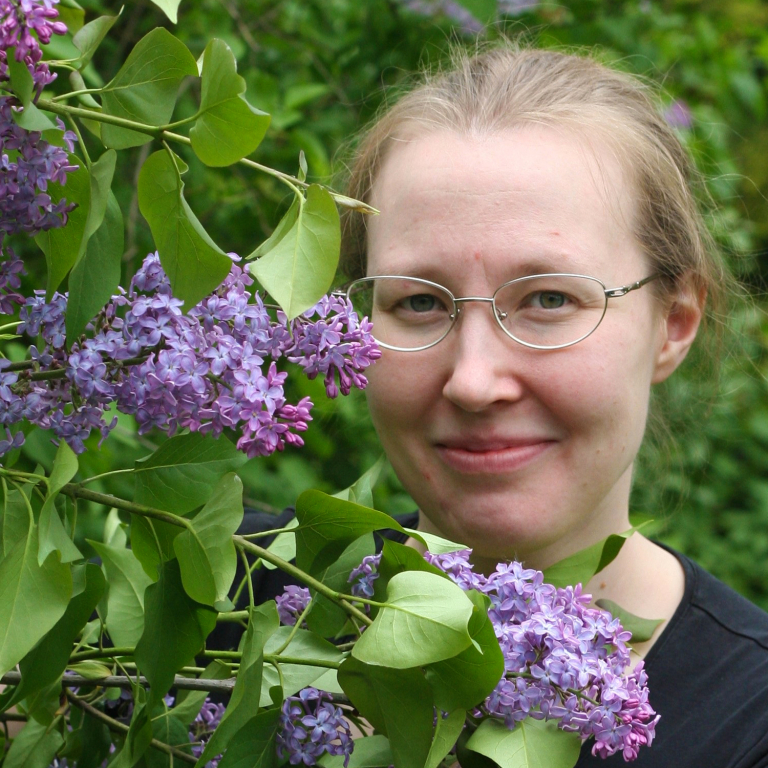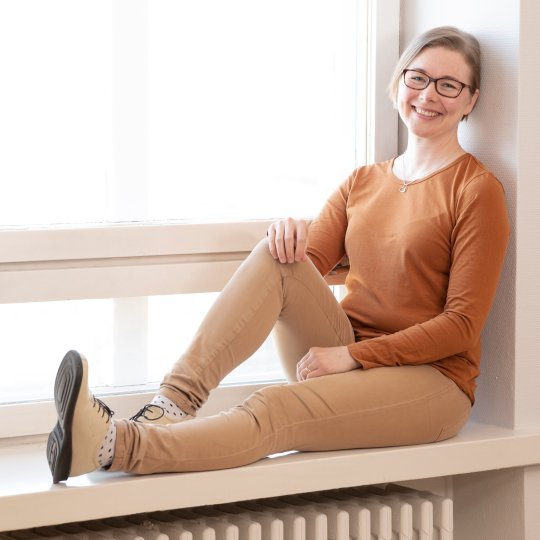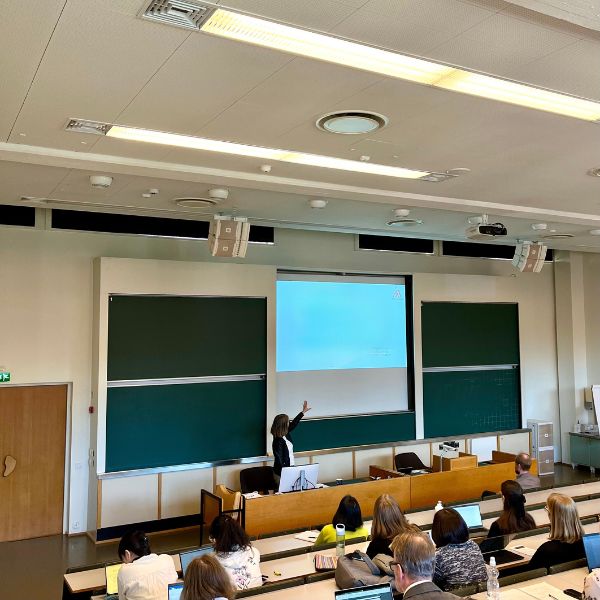Ajankohtaista:
Huhtikuun uutiskirje on julkaistu!
Niilo Mäki Instituutin huhtikuun uutiskirjeessä: • Haastattelu: Tavoitteellinen leikki vahvistaa toiminnanohjauksen ja…
Luetaas! -materiaali: Motivoivaa lukemisen sujuvuuden harjoittelua
Uusi lukemisen harjoittelun materiaali ”Luetaas! Toistavan ääneen lukemisen harjoitusmateriaaleja alkuopetukseen” on valmistunut….
Tavoitteellinen leikki vahvistaa toiminnanohjauksen ja itsesäätelyn taitoja
Niilo Mäki Instituutin uusi julkaisu ”KUMMI 22: Leikitään ja keskitytään varhaiskasvatuksessa –…
Maaliskuun uutiskirje on julkaistu!
Niilo Mäki Instituutin maaliskuun uutiskirjeessä: LYSTI-hanke sai rahoituksen! Haastattelu: LYSTI-hankkeessa syntyy välineitä…
LYSTI-hankkeessa syntyy välineitä luetun ymmärtämisen strategioiden arviointiin
Vuonna 2025 käynnistyvässä LYSTI-hankkeessa kehitetään välinettä luetun ymmärtämisen strategioiden arviointiin opetus- ja…
Poimintoja valtakunnallisesta Oppimis- ja oppimisvaikeustutkijatapaamisesta
Mitä tarkoitetaan laaja-alaisilla oppimisvaikeuksilla ja mitä merkitystä niillä on yhteiskunnallisesti? Mikä on…
Niilo Mäki Instituutin työ oppimisen ja oppimisvaikeuksien parissa on tutkimuksen, kehittämistyön ja käytännön opetustyön vuoropuhelua.
Kehitämme uusia materiaaleja ja toimintamalleja tutkimusperustaisesti. Se tarkoittaa, että tuotamme materiaalia tutkimuksen tuloksiin nojaten sekä tutkimme materiaalien vaikutuksia ja muokkaamme niitä tarpeen mukaan.







